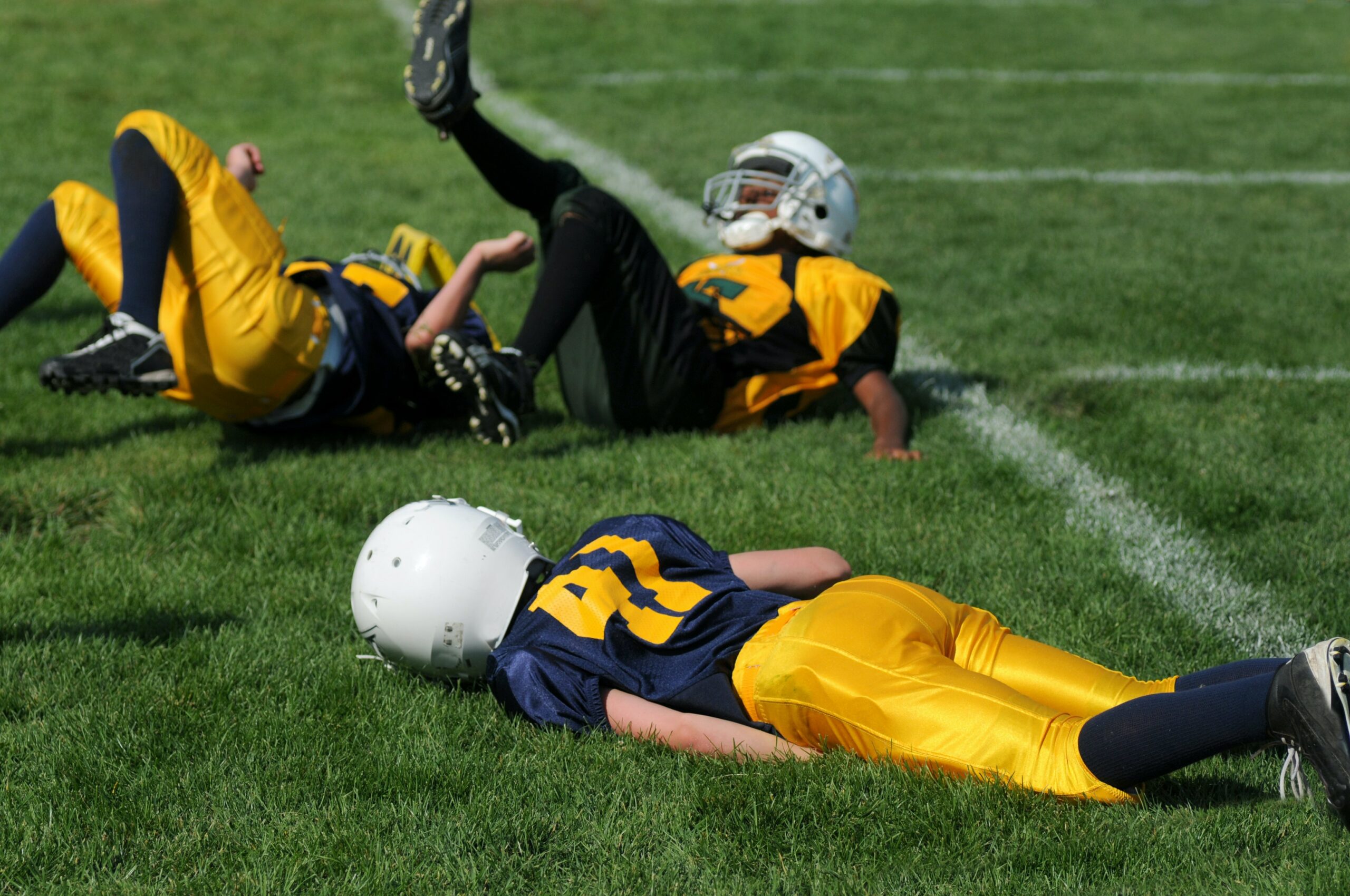The brain is an amazing organ and tool. There’s still so much that we don’t know about how it functions or why it does the things it does. We also don’t know the full extent to which injuries can impact the brain, and every brain reacts to injury differently. So, this makes pinpointing exact correlations between injury and symptom that much more difficult.
At Peak Brain Centers, our neurofeedback can help with all kinds of brain-related health concerns, including concussions. For some, a concussion is mild, and the person doesn’t register any symptoms other than a mild headache. For others, the symptoms of a blow, jolt, or jerk of the head can lead to chronic health conditions and long-term symptoms, some of which may go undiagnosed due to a lack of understanding of the brain. One of these symptoms is known as CTE.
What is CTE?
CTE, or chronic traumatic encephalopathy, is the term medical experts use to describe the brain’s degeneration that’s likely been caused by repeated concussions. According to the Mayo Clinic, CTE is rare and “has a complex relationship to head traumas such as post-concussion syndrome and second impact syndrome that occur earlier in life.”
For years, CTE was thought to only impact boxers. Still, in recent years, medical examiners have found that CTE has also played a role in the brain degeneration of professional football players and military personnel who have been exposed to explosive blasts while on the battlefield.
How are concussions classified?
Concussions rank in severity from Grade 1 to Grade 3. A Grade 1 concussion may leave a person feeling tired, forgetful, and with a slight headache for no more than a week. A person is classified with a Grade 2 concussion if their immediate symptoms last longer than 15 minutes, but they do not lose consciousness. With a Grade 3 concussion, a person completely loses consciousness, often just for a few seconds.
With contact sports, repeated concussions are common and can lead to long-term symptoms related to dementia, mood changes, trouble concentrating, sleep disturbances, and other psychological problems. Repeated concussions may also lead to CTE, but unfortunately, an actual diagnosis cannot be determined until an autopsy is performed after death.
How is CTE Identified?
Unfortunately, current technology does not allow us to identify CTE in a living person. Often, doctors don’t know CTE existed until after death, when degenerative brain tissue, tau deposits, and other proteins are found during the autopsy. Researchers are currently working on a positron emission tomography (PET) scan to detect tau abnormalities associated with neurodegenerative disease. The hope is that this PET scan will allow doctors to identify CTE in living patients, which can further expand our knowledge about the disease and the correlation between repeated concussions and CTE.
What are the Symptoms of CTE?
Unfortunately, there are no key symptoms directly linked to CTE. Some of the symptoms can be explained away as results of repeated concussions. However, some of those who’ve had CTE in the past have expressed the following:
- Impulsive behavior
- Depression or apathy
- Short-term memory loss
- Difficulty thinking
- Emotional instability
- Brain fog
- Substance misuse
- Suicidal thoughts or behavior
Unlike concussion symptoms, these CTE-related symptoms don’t develop right after the head injury but rather become noticeable over time. Sometimes, this can take years or even decades. In most cases, the behavioral changes in an individual with CTE often become more apparent to loved ones than to oneself.
Treat Those Concussions
While we can’t say that everyone with repeated concussions will develop CTE, we can say that if you are 30 or older and start to experience any suicidal thoughts, memory problems, or personality changes, then it’s time to see your doctor. When you need help mitigating concussion symptoms, then Peak Brain Centers wants to help! Our non-invasive neurofeedback retrains the neural pathways in your brain, allows it to heal correctly, and helps mitigate any migraines or other cognitive issues you’re having related to concussions. We proudly serve residents throughout Marion, IN, so give us a call today at (765) 667-9720 or contact us for a free consultation.
Photo by Ben Hershey on Unsplash






